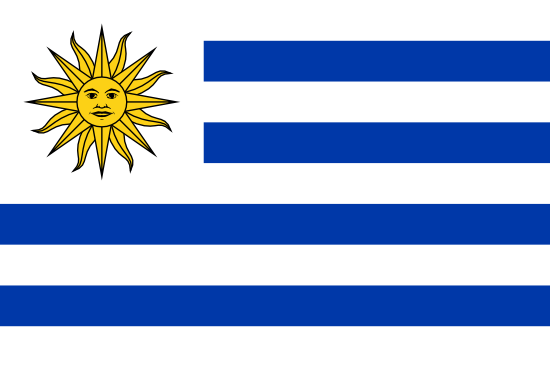
Health Insurance in Uruguay, America
Information expatriation
Capital City: Montevideo
Total area: 175,016 km2
Population: 3,340,000
Money:Currency Converter
Time Zone: List of time zones by country
Calling Code: +598 XXX
Practical Information:
Health Product: Travel Insurance and Health insurance
Health Insurance information and Sanitary Risk: World Health Map
BLOG: Expat Health insurance Information
Here is a brief description of the healthcare system in the country:
· Uruguay has a universal healthcare system called SNIS (Sistema Nacional Integrado de Salud) that provides comprehensive coverage to all legal residents.
· It is funded primarily through payroll taxes, income taxes and government general revenue. There are some direct fees for services.
· Care is delivered through public hospitals, clinics and health centers across the country managed regionally.
· Primary care serves as the first point of contact through local outpatient clinics and family doctors.
· Referrals are required to access specialists, complex procedures or treatment at public hospitals.
· Both inpatient and outpatient services are covered along with dental care and prescription drugs.
· Private health insurance and facilities also exist as supplemental options.
· Key health challenges include non-communicable diseases linked to lifestyle as well as certain infectious illnesses.
· Consistent funding, staff recruitment and improved infrastructure in remote areas remain ongoing issues.
· Overall, Uruguay has high quality standards and health outcomes relative to South American neighbors.
Here are some key health considerations for expatriates living in the country:
· As a resident, you're entitled to universal public healthcare coverage through SNIS (bring residency documentation).
· Have adequate international medical insurance as a backup in case of costs not fully covered or medical evacuation needs.
· Make sure routine vaccinations are up to date, especially hepatitis A/B, which are more common than in other regions.
· Only drink bottled, boiled or treated water and peel all raw fruits/vegetables as a precaution.
· Healthcare quality/access varies between populated cities and remote rural locations. Plan accordingly.
· Bring extra supplies of prescription medications plus copies of valid prescriptions.
· Summers are hot/humid - stay hydrated, limit sun exposure and watch for heat illness symptoms.
· Practice road safety - driving laws are enforced but some risks still exist.
· Register your location with your embassy in case of emergency communications needs.
· Monitor health impacts from lifestyle/diet adjustments, stress of living abroad, etc. Seek help adjusting as needed.
